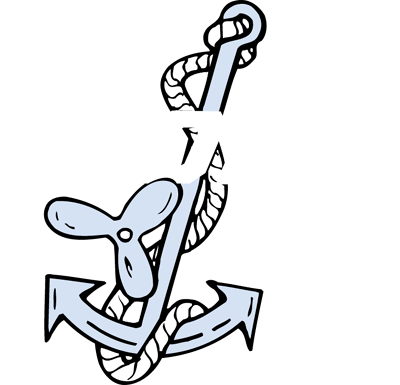Just How Random Do You Have To Be, Anyway? (The Vice Commandant Remands A GC Drug Complaint)
USCG v. GREEN
App. Dec. 2697 (Nov. 14, 2011)
Scientifically random, apparently. This mariner reported to his place of employment on July 5, 2010, and was notified there of his selection for a random drug test. He reported to the collection site, gave his sample, and tested positive for marijuana metabolites. The Coast Guard filed a Complaint against him on August 10, 2010 and the Respondent, acting without the advice of counsel, filled out the form “Answer” provided by the Coast Guard, and checked off the box admitting the paragraph in the Complaint alleging failure of a “random” drug test. (He did deny other factual allegations.) Later, he moved for dismissal saying the Coast Guard’s case lacked probative, substantial and reliable evidence, the standard of review under Coast Guard regulations. The ALJ held the motion in abeyance and went forward with the administrative hearing, which convened on December 9, 2010. The respondent appeared pro se. Following the hearing, the ALJ denied the mariner’s motion to dismiss and found against him on the underlying drug use charge. The mariner appealed, claiming that the Coast Guard failed to establish a prima facie use of drug use.
On appeal the Vice Commandant remanded the case for further proceedings. Noting that the Coast Guard’s random drug test regulations, at 46 CFR sec. 16.210, require that: “the selection of crewmembers for random drug testing must be made by a scientifically valid method”; the Vice Commandant then observed that because of the fact that the pro se mariner had admitted taking a “random drug test”, the record below was not well developed on the issue of randomness, even though the ALJ had expressly questioned the Coast Guard about its absence of proof or randomness. Observing that, although the mariner did seem to have “admitted” taking a random drug test in his answering of the Coast Guard’s form Answer, the Vice Commandant felt nonetheless bound to “make reasonable allowances to protect a pro se litigant”, and she then proceeded to find that that the mariner had adequately challenged the sufficiency of the Coast Guard’s proof of its case by filing a motion to dismiss, in which the mariner had stated: “there was no probable cause for a random drug test ”. Accordingly, the case was remanded to the ALJ for further clarification on the issue of randomness.
This case points out an important and often overlooked feature of the Coast Guard’s drug testing regulations: if a mariner has been called for a random drug test, the Coast Guard’s proof of its case necessarily requires the showing of the scientific validity of the “randomness” by which the mariner was selected.
